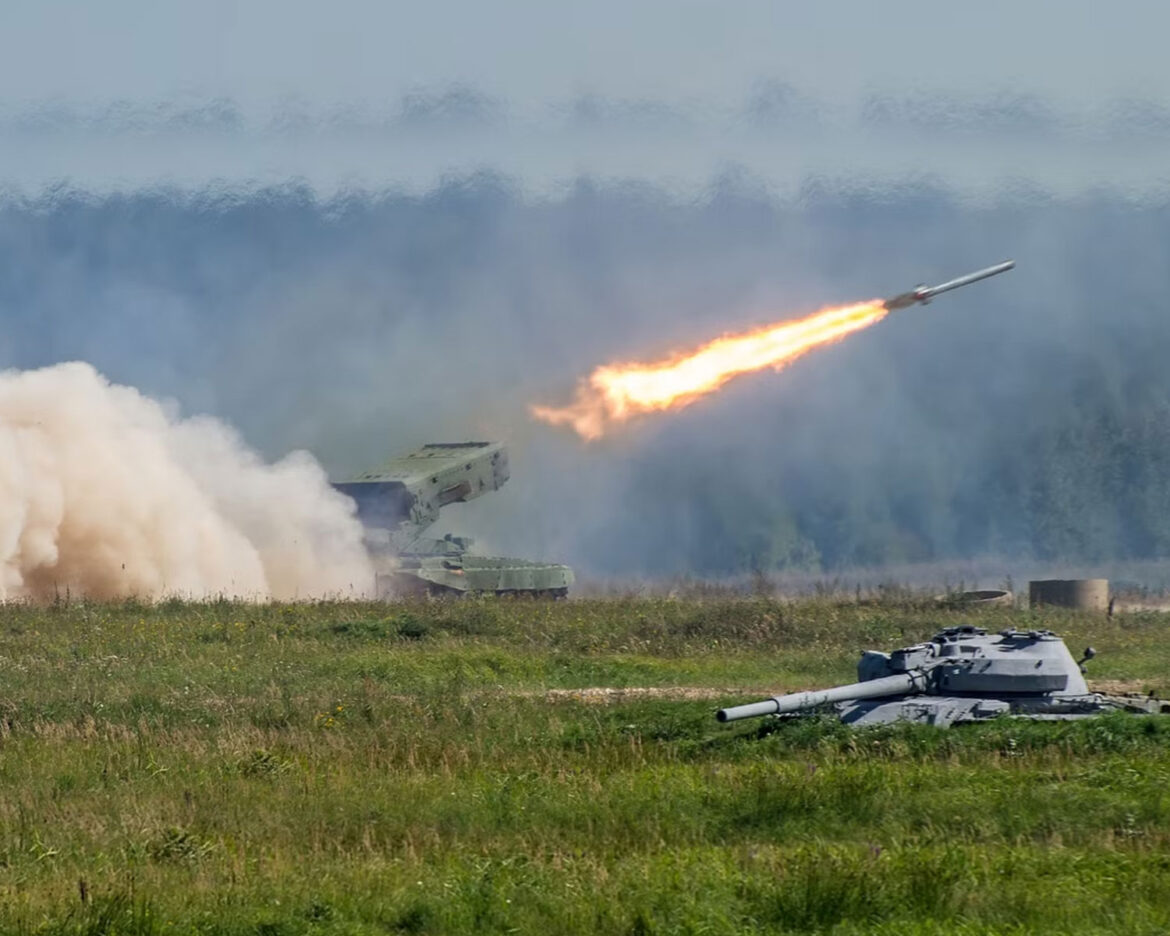Azerbaijan announced on Tuesday that its armed forces had initiated what they referred to as “local anti-terrorist activities” in the Nagorno-Karabakh region with the aim of restoring constitutional order. The operation primarily targets the disarmament and withdrawal of Armenian military formations from the area.
Nagorno-Karabakh, which is internationally recognized as part of Azerbaijan, has had an overwhelmingly ethnic Armenian population since breaking away from Baku’s control in the early 1990s following a protracted conflict. Azerbaijan regained control of significant territories in and around the region during the 2020 war.
In a statement issued by Azerbaijan’s defense ministry, the country expressed its intent to “disarm and secure the withdrawal of formations of Armenia’s armed forces from our territories, (and) neutralize their military infrastructure.” The ministry emphasized that the operations are exclusively directed at legitimate military targets and employ high-precision weaponry, with a commitment not to harm civilians or civilian infrastructure.
Azerbaijan further noted that it had informed the Russian peacekeeping force deployed in the region and a Turkish-Russian monitoring center responsible for upholding the 2020 ceasefire agreement.
Armenia responded by asserting that it does not maintain any military personnel in Nagorno-Karabakh and insisted that its focus remains humanitarian in nature. Much of Nagorno-Karabakh is governed by Armenian authorities, who have faced continued pressure from Baku to disband and disarm.
Ruben Vardanyan, a billionaire banker who was a high-ranking official in Karabakh’s Armenian administration until February, expressed on social media platform X (formerly known as Twitter), “Azerbaijan has initiated a massive artillery attack against Nagorno Karabakh, targeting cities and civilians on a large scale.”
The decision to launch this operation comes after Azerbaijan reported the loss of six of its citizens in separate incidents involving landmines, which it attributed to “illegal Armenian armed groups.”
This escalation occurred shortly after a much-needed humanitarian aid convoy, carrying food and medicine, reached Nagorno-Karabakh through two simultaneous routes, potentially alleviating tensions between Azerbaijan and Armenia. Previously, Baku had imposed extensive restrictions on the Lachin corridor, the only road linking Armenia to Karabakh, citing concerns about alleged arms smuggling.
Armenia had vehemently denounced Azerbaijan’s actions, claiming they had led to a humanitarian crisis, a charge Azerbaijan denied. The Armenian foreign ministry had previously expressed concerns that Azerbaijan’s diplomatic moves seemed to be laying the groundwork for military action. The situation in Nagorno-Karabakh remains a critical and evolving issue with significant regional implications.



